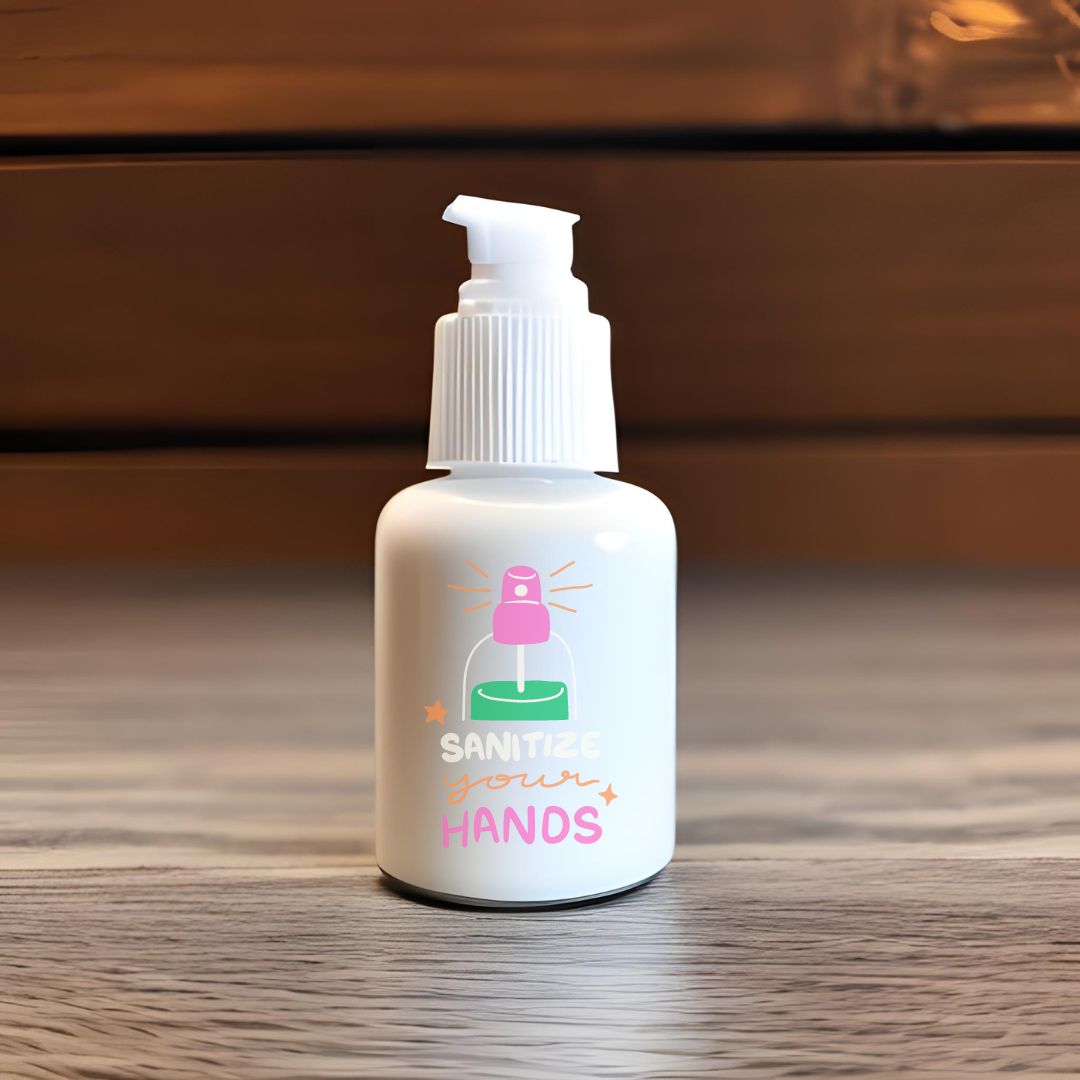Superbugs, antibiotic resistance, serious infections, that's what is in store this cold season this year in Australia 2019. I'm being dramatic here of course. It is not that scary. Regardless, it does make sense to take good care of yourself through the use of promotional branded hand sanitisers. How do they work though? Are they genuinely effective in killing germs?

How Do Hand sanitisers Work?
Hand sanitisers, such as the ones we stock within our range (our promotional hand sanitisers), work by killing bacteria cells. The bacteria cells are directly killed by isopropanol alcohol, which is a unique concentrated type of alcohol for rubbing onto skin. This alcohol is extremely useful in killing germ cells. It actually has a 100% kill rate for most infections. Why most? Well, there are some rare types of viruses that cannot be killed with hand sanitisers. An example is C.difficile. In general, though 99.99% of bacteria strains will be instantly killed by Hand sanitisers.
Hand sanitisers are an important tool for fighting the spread of germs, pathogens and disease. These products work by using chemicals called disinfectants which kill bacteria on contact. This is usually done through a process known as ‘electrochemistry’ where the active ingredients interact with the cell walls of the bacteria, damaging them and leading to their death.
Hand sanitisers, such as those containing benzalkonium chloride (BAC) are a vital tool to protect against viruses and bacteria. Unlike alcohol-based solutions, which simply disintegrate proteins in microbes' outer wall structures, chemical alternatives like BAC disrupt key physiological processes which enable survival - including osmosis and respiration. This means they can offer greater protection against pathogens even in more hazardous environments where regular soap may be less effective; for example if faced with faecal matter or blood.
Hand sanitising solutions containing BAC have become especially important pieces of personal protective equipment during the current coronavirus pandemic as this agent eliminates 99.99% of several common germs commonly found on hands and surfaces.
Are They Effective?
Yes, hand sanitisers are incredibly useful in the fight against, colds, flu and bacteria. They are more effective (assuming they are used correctly) than merely soap and water. To be really safe this coming winter though, it is best if you clean your hands regularly using hand sanitisers, as well as soap and water for best results.
Sanitisers are a highly effective way of killing most germs and bacteria, however there are some limitations. Firstly, the ingredients that make up sanitisers may not work effectively against all types of germs or viruses. Additionally, sanitiser must come in contact with the germ to be fully effective - if it is not applied correctly then germ coverage can be incomplete.
In order for sanitiser to work properly you have to ensure adequate contact time between your hands and delivery surfaces and also apply enough solution so that your hands are fully coated (at least 15secs). Furthermore, hand hygiene should always be combined with other precautionary measures such as avoiding close contact with people who appear unwell or those displaying flu-like symptoms.
Do Not Get the Flu This Season
Winter is around the corner in Australia. Flu vaccinations, keeping surfaces clean, good personal hygiene, the use of hand sanitisers and lots of good healthy food will help you ward off, infections, gastro infections and general nasties.



